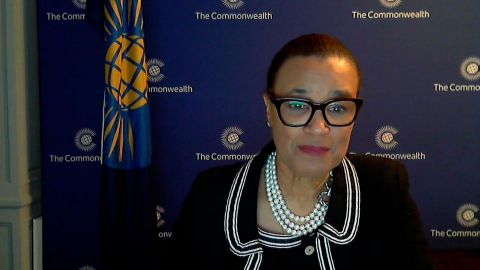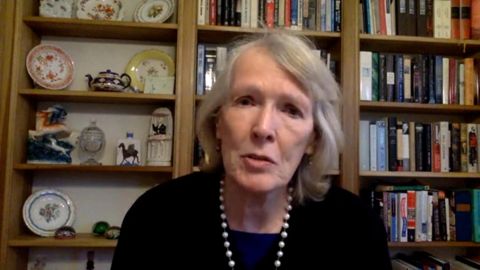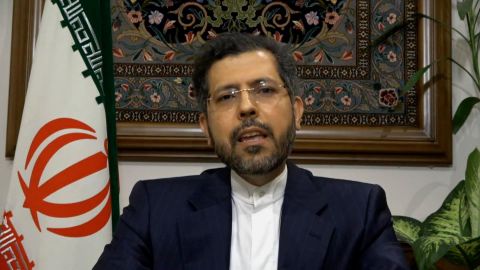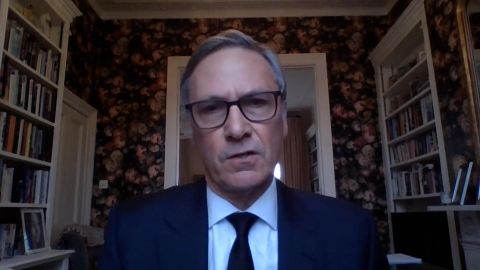Read Transcript EXPAND
SIMON LEWIS, FORMER COMMUNICATIONS SECRETARY TO THE QUEEN: Well, first of all, let me say, this is a very sad day for the country. It’s a very sad day, obviously, for the queen and the royal family, and, I have to say, a very sad day for those of us who were privileged to work alongside Prince Philip. And I — the country feels a different country today. So, it’s quite an extraordinary moment, a very sad moment. I mean, they were — and we have heard earlier — they were difficult times for the royal family, the monarchy, following the death of princess of Wales. There was a whole set of issues, the role of the tabloid press, the way they were operating, the kind of way in which people were looking at different institutions. And what Prince Philip did, as the patriarch, was slowly, but surely start the process of incremental change that every institution like the monarchy needs to undertake to reflect the changing country, as the monarchy always has done, and to make it able to move forward to the next generation. And that is the great beauty of the monarchy. And I think history will be very kind to Prince Philip for his role as a modernizer, but within the context of a historical institution.
CHRISTIANE AMANPOUR: OK, so that’s really interesting, his role as a modernizer. Drill down a little for us, then, because we understand it he was he who brought the press, the cameras in first to the royal family, to make them more accessible to the British people and the world. What other things did he do to modernize? LEWIS: Well, I mean, as you say, he — it was his idea with others to actually introduce a series about the royal family the 1960s which shone some light on the institution and was actually, although a risk, exactly the right thing to do. I mean, there’s a legion of examples, one that I was directly involved in when I was at the palace. So, in 1998, there were about 100 million users of the Internet. Now it’s 5.4 billion. And Prince Philip realized — and he led this — that having a royal Web site would actually garner such interest and attention that it actually would widen the messages about the monarchy and the royal family. So he drove that through. That’s a very small example, but, actually, that was a very important example of where I think Prince Philip was always ahead of his time. He was ahead of his time in the environment, obviously. And, as you picked up by his eldest son as well, he was ahead of his time in looking at kind of the importance of physical fitness for young people, the Duke of Edinburgh’s Award, his work with playing fields, organizations, but always with a modesty. I think it’s really important that he didn’t ever want to claim credit for what he did. He was always there to support the queen. And that’s a hugely important part of his legacy, not just to the monarchy, but to the United Kingdom.
About This Episode EXPAND
Experts reflect on the life and legacy of Prince Philip, the Duke of Edinburgh. Plus: Iran’s Foreign Ministry Spokesman Saeed Khatibzadeh discusses efforts to revive the 2015 Iran nuclear deal.
LEARN MORE



